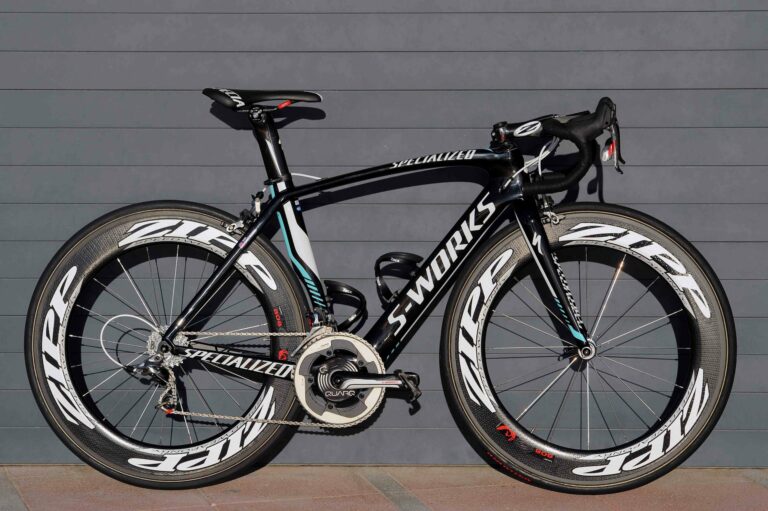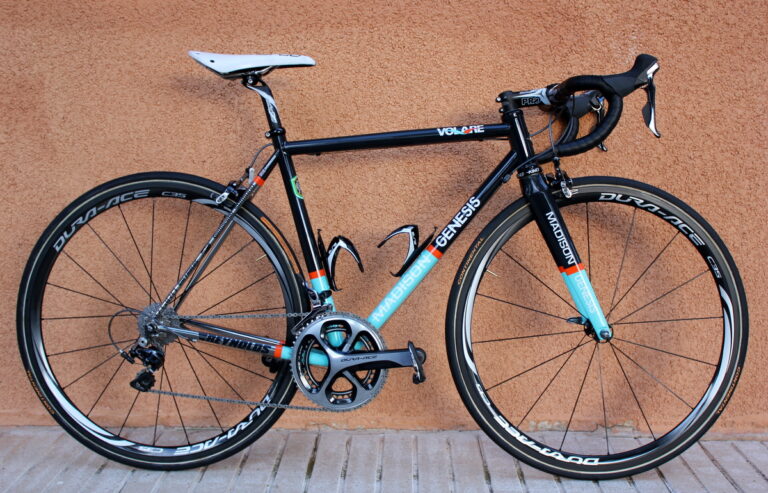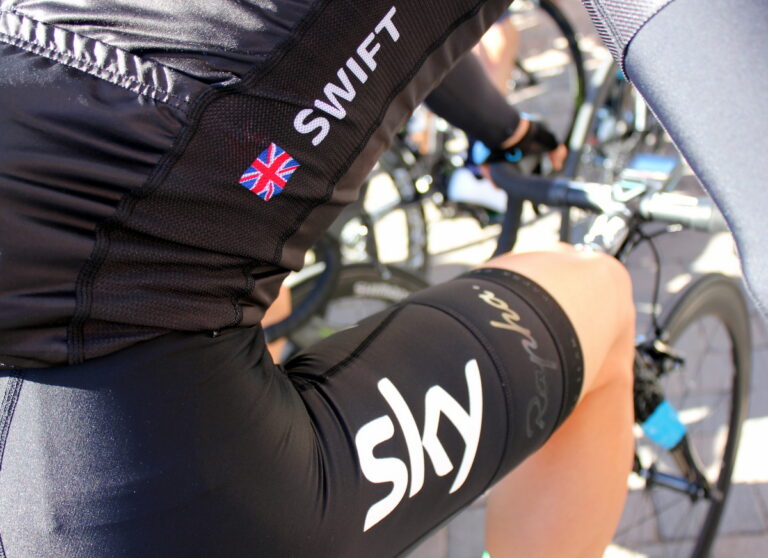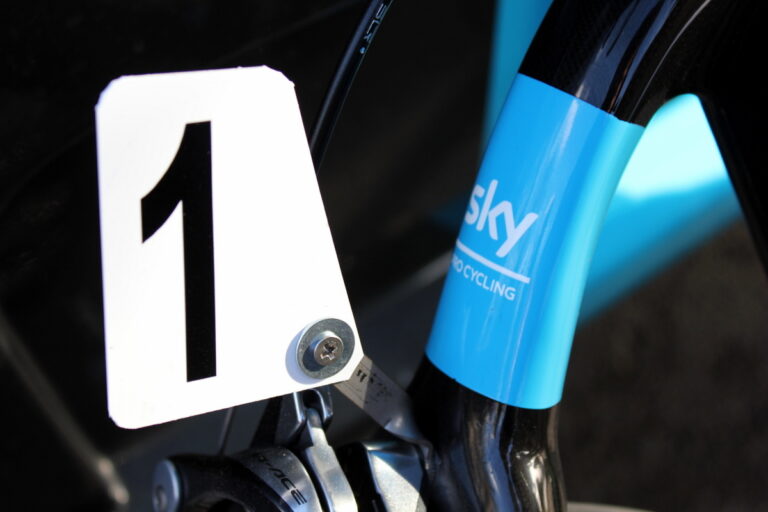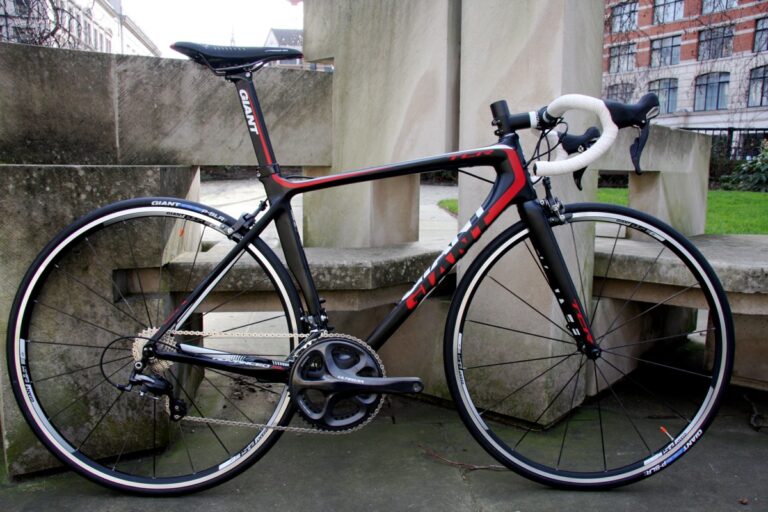The brutal climb of the Alto de L’Angliru will return for the 2013 Vuelta a Espana, which starts in Pontevedra, northern Spain, on Saturday August 24.
Juan Jose Cobo’s victory on its vertiginous slopes in 2011, which reach 24 per cent in places, and on which he distanced Team Sky’s Chris Froome and Bradley Wiggins, was instrumental in his triumph in the general classification two years ago.
Thirteen of the 21 stages in the 2013 parcourse, unveiled today, will be mountainous, and will include 41 mountain passes.
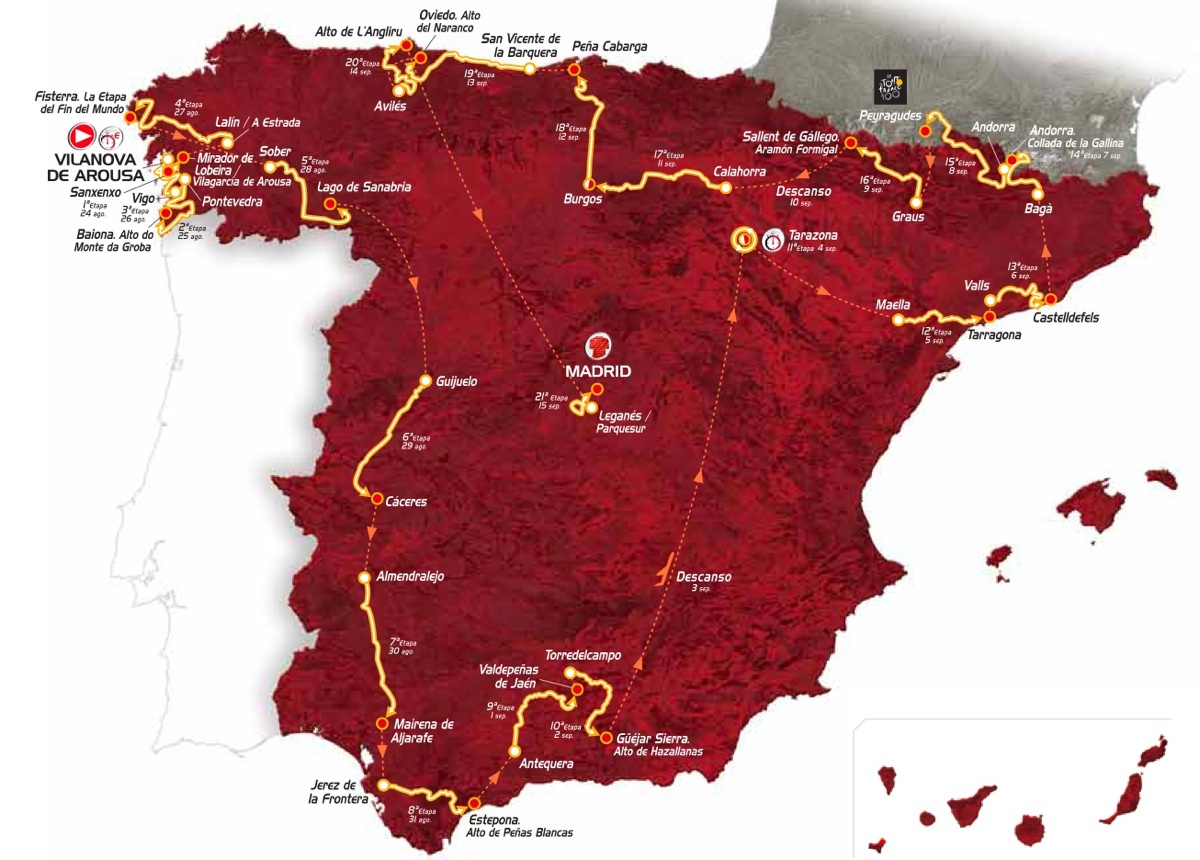
Last year’s edition was arguably the most exciting race of the year. Alberto Contador (Saxo Bank-Tinkoff Bank) triumphed in his first Grand Tour since serving a doping suspension.
The Madrileno was guest of honour at today’s route presentation and later Tweeted: “I would highlight how hard and spectacular the course is. I hope you’ll enjoy it :-)”
Only six stages will be flat, and the race’s sole individual time trial, a 37km test in Tarazona, includes the third category Alto Monte Castrove.
The 2013 Vuelta will start with a 27km team time trial from Vilanova de Arousa to Saxenxo in north west Spain.
Climbing will begin as early as stage two, with riders meeting the third category Alto de la Chapela almost exactly half way through the 180km stage from Pamplona to Viana.
Stage four offers the first hors categorie climb: the 1,550 metre summit finish at the Valdezcaray Ski Resort. Organisers are predicting that the GC contenders will already have staked a claim to overall victory at this early stage.
Two flat stages will give the riders brief respite before their battle with gravity resumes in Andorra on a 170km stage from Jerez de la Frontera to Estepona. Alto de Peñas Blancas that ends at the 1,555 metre summit of Collada de la Gallina.
A rest day after stage 10 is followed by the individual time trial, which presages four consecutive mountain stages, including the Coll de la Gallina on stage 14, which featured in the second week of the 2012 Vuelta.
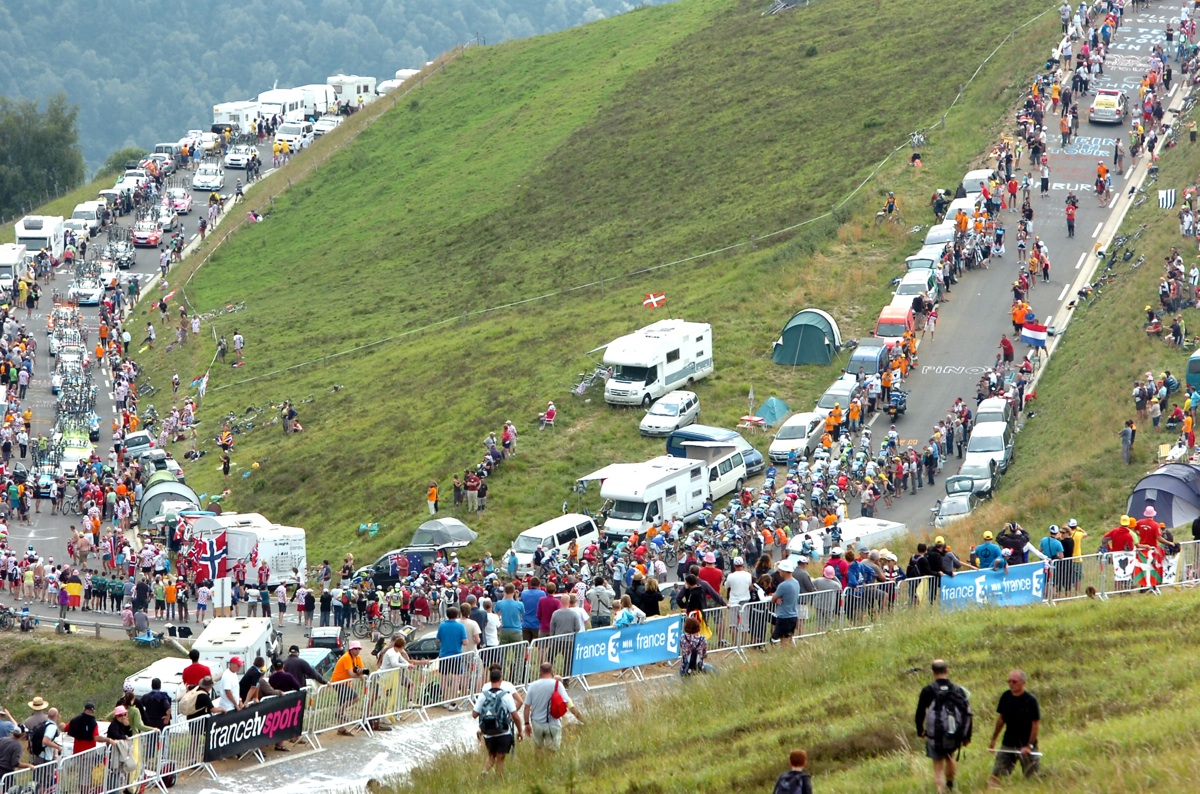
Stage 15 will take the riders across the border to France for a finish at the Pyrenean ski resort of Peyragudes, the scene of Alejandro Valverde’s triumph on stage 17 of last year’s Tour de France.
A second rest day, and a flat seventeenth stage from Calahorra to Burgos marks the final respite before the race enters the Asturias for three mountainous stages, which climax with the Angliru on the penultimate stage of the race.
The winner should be crowned before the final stage, a flat 99km run in to Madrid, begins.

